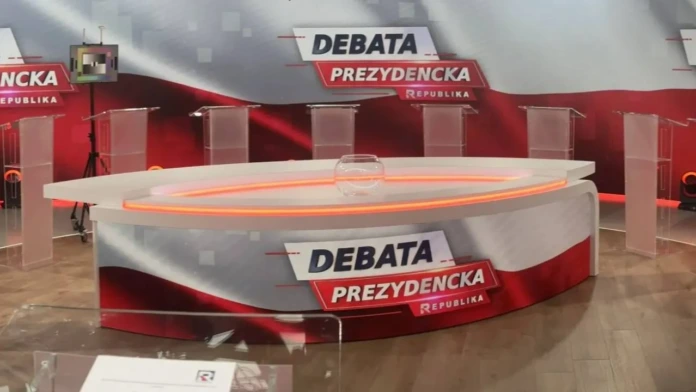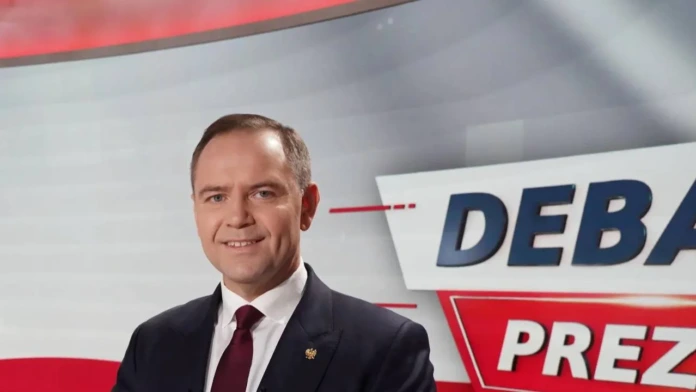“I would have gone the first time, gone to Końskie. I’m sure Rafał had his reasons, but I can only speak for myself. I would have shown up,” said Foreign Minister Radosław Sikorski, commenting on Rafał Trzaskowski’s absence from the debate hosted by Republika.
Republika Debate Without Trzaskowski
Over the past few days, three presidential debates have taken place. Two of them were held last Friday—both in Końskie. One was organized by so-called free media, including our station. The other was arranged by the media and political team backing Rafał Trzaskowski, the Civic Coalition candidate.
Most presidential hopefuls chose to participate in the debate organized by Republika, which took place in the town square of Końskie. Meanwhile, the Civic Platform’s deputy leader waited in his own “stronghold” for Karol Nawrocki. It’s worth noting that the other candidates who appeared at the free media debate also took part in the event organized by Trzaskowski’s team. The whole situation gave the impression that the KO candidate lacked the courage to engage in an open confrontation.
Trzaskowski Backed Out Again
Even when given another chance to redeem himself by accepting an invitation to a major debate at Republika’s Warsaw headquarters, Trzaskowski once again declined to attend.
His absence didn’t go unnoticed—it was loudly criticized by other participants and widely discussed in the media.
Sikorski: “I Would Have Shown Up“
Trzaskowski also faced criticism from an unexpected source—his own party colleague, Radosław Sikorski. When asked about the Republika debate, Sikorski didn’t hold back.
“I didn’t follow it closely—we spent the whole day working for Poland and the European Union. But as I understand it, the original idea behind the Końskie debate, from a few years ago, was to reach out to voters beyond one’s own base,” he said on Radio Trójka.
He was also asked whether he himself would have taken part in a debate organized by our station. And here came the real sting:
“Such an appearance—whether in the recent debate or an earlier one—on that right-wing channel could actually be useful. If I were in his shoes, I would have gone to Końskie the first time. Trzaskowski surely had his reasons, but I can only speak for myself—I would have been there,” he stated.
Czyli pan by się nie uchylał
— jachcy„Ja bym i pojechał, i poszedł…”
Ucz się Rafaupic.twitter.com/njYD3WTiUT
(@jachcy) April 15, 2025

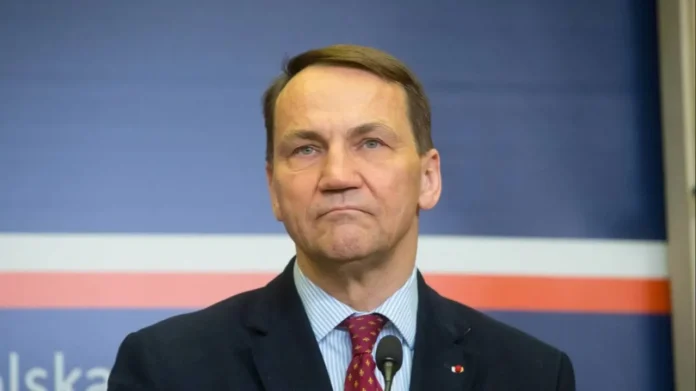


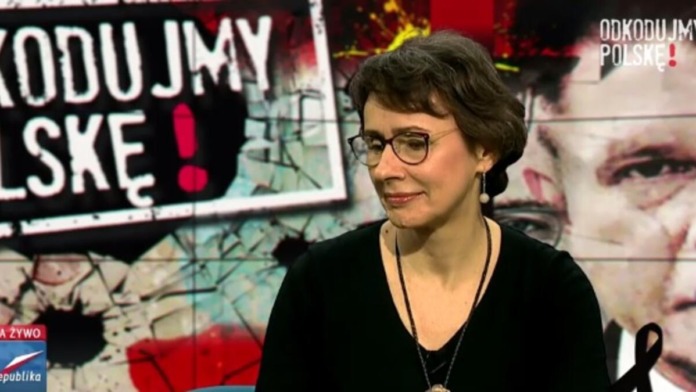
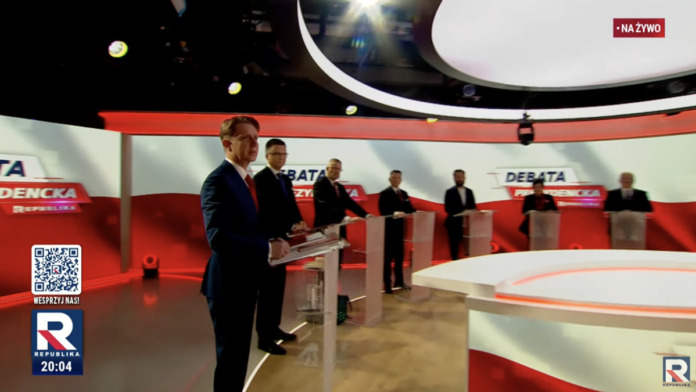


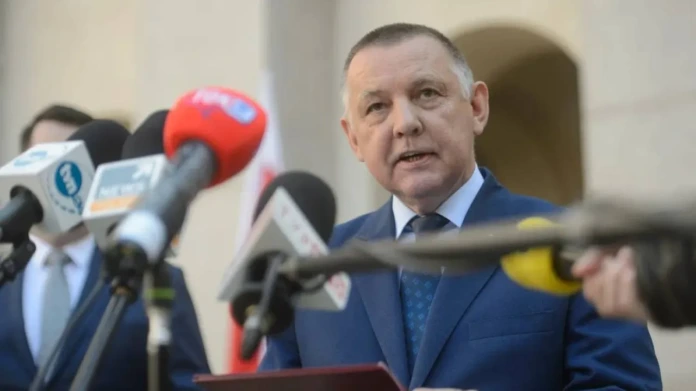
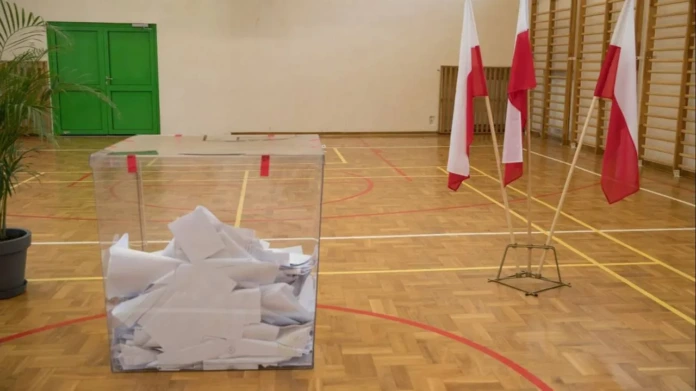
 Dowiedz się co zrobić, aby zagłosować za granicą.
Dowiedz się co zrobić, aby zagłosować za granicą.
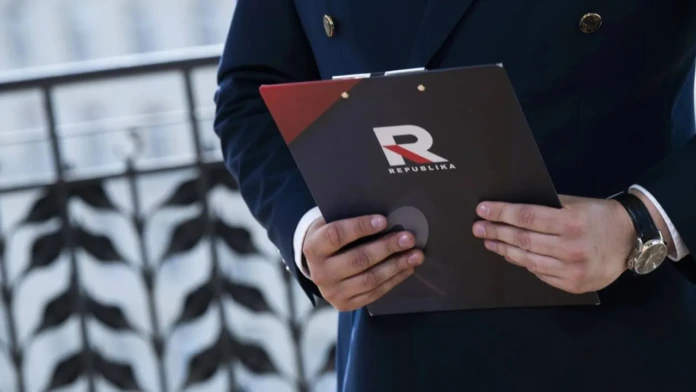
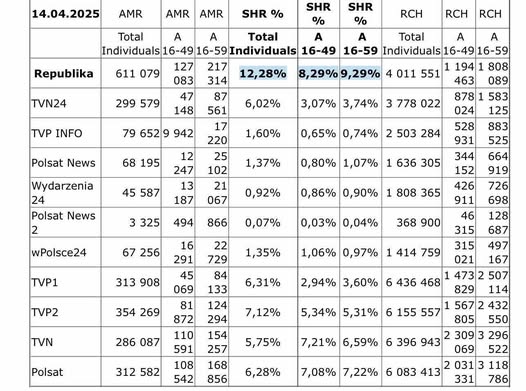
 BOOM
BOOM

